Why M&S is about to drop out of FTSE 100
Struggling high-street stalwart loses its place among the UK’s top 100 companies
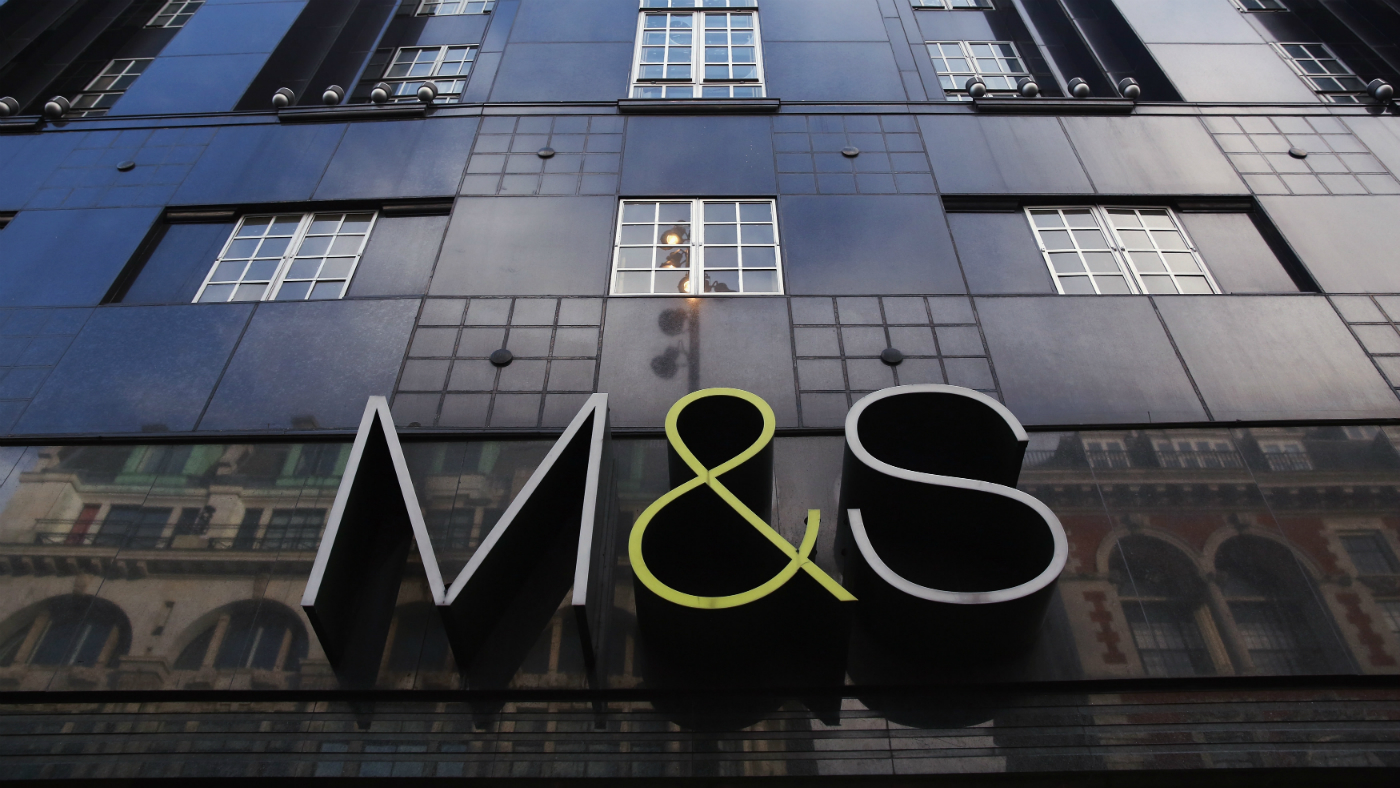
A free daily email with the biggest news stories of the day – and the best features from TheWeek.com
You are now subscribed
Your newsletter sign-up was successful
Marks & Spencer is to be relegated from the FTSE 100 index of the UK’s biggest companies.
It is the first time the retailer has dropped out of the top set since the FTSE 100 was launched in 1984.
The announcement follows news earlier this year that M&S is closing 120 stores as part of a restructuring plan, while its shares have plummeted 45% over the past three years.
The Week
Escape your echo chamber. Get the facts behind the news, plus analysis from multiple perspectives.

Sign up for The Week's Free Newsletters
From our morning news briefing to a weekly Good News Newsletter, get the best of The Week delivered directly to your inbox.
From our morning news briefing to a weekly Good News Newsletter, get the best of The Week delivered directly to your inbox.
“Symbolically, falling out of the FTSE is just another milestone in the slow-but-steady decline of what used to be a great British institution,” retail expert Richard Hyman told the BBC.
What is the FTSE 100?
The FTSE 100 is a list of the UK’s biggest companies ranked by market value.
The index reshuffles four times a year according to share price movements, with the bottom companies dropping out and being replaced by climbers from the FTSE 250.
A free daily email with the biggest news stories of the day – and the best features from TheWeek.com
Membership of the FTSE 100 is seen as a mark of business prestige, says The Guardian.
Why is it about to drop out?
The biggest reason behind M&S’s fall from the FTSE 100 is the decline in its clothing business, which accounts for most of its profits.
“There has been a decade-long complaint by investors and customers that it has failed to revamp its clothing lines, especially within womenswear, and lacks appeal for the younger generations,” says Helal Miah, an analyst at the Share Centre.
“The group has also been too slow to adapt to online retailing and has been left behind by others who offer a more compelling online service.”
M&S’s predominantly high street model has failed to contend with the rise in internet shopping and competition from the likes of Asos and H&M.
Retail analyst Nick Bubb says M&S has been facing the prospect of falling out of the FTSE 100 for some time. “M&S has been declining remorselessly for many years, as a result of weak and arrogant management, and stronger, more focused competition.
“The problems have mainly been on the clothing side, where M&S tries and fails to be all things to all people in the mid-market,” he said.
Why does it matter?
As little as ten years ago, M&S was making an annual profit of £1bn - but the latest annual figure put profits below £100m.
Being relegated from the FTSE 100 means that M&S shares will be dumped by investment funds that track only Britain’s highest-value companies.
Archie Norman, the M&S chairman, previously said: “When I went to ITV we dropped out of the FTSE 100, the sky didn’t fall in.”
But he warned shareholders last year: “This business is on a burning platform. We don’t have a God-given right to exist and unless we change and develop this company the way we want to, in decades to come there will be no M&S.”
Tony Shiret, an analyst at the stockbroker Whitman Howard, told the Guardian: “It is significant [for M&S] in the sense that it is a fairly objective measure of the diminished scale of the company.”
But Nick Bubb added: “Other companies have grown bigger and M&S has got smaller. Life will go on after the exit from the FTSE 100 and in some ways, a lower profile might help M&S.”
-
 6 of the world’s most accessible destinations
6 of the world’s most accessible destinationsThe Week Recommends Experience all of Berlin, Singapore and Sydney
-
 How the FCC’s ‘equal time’ rule works
How the FCC’s ‘equal time’ rule worksIn the Spotlight The law is at the heart of the Colbert-CBS conflict
-
 What is the endgame in the DHS shutdown?
What is the endgame in the DHS shutdown?Today’s Big Question Democrats want to rein in ICE’s immigration crackdown
-
 Why are global stock markets plunging?
Why are global stock markets plunging?Today's Big Question Europe, Asia and Wall Street have all suffered big falls after US economy data spooked investors
-
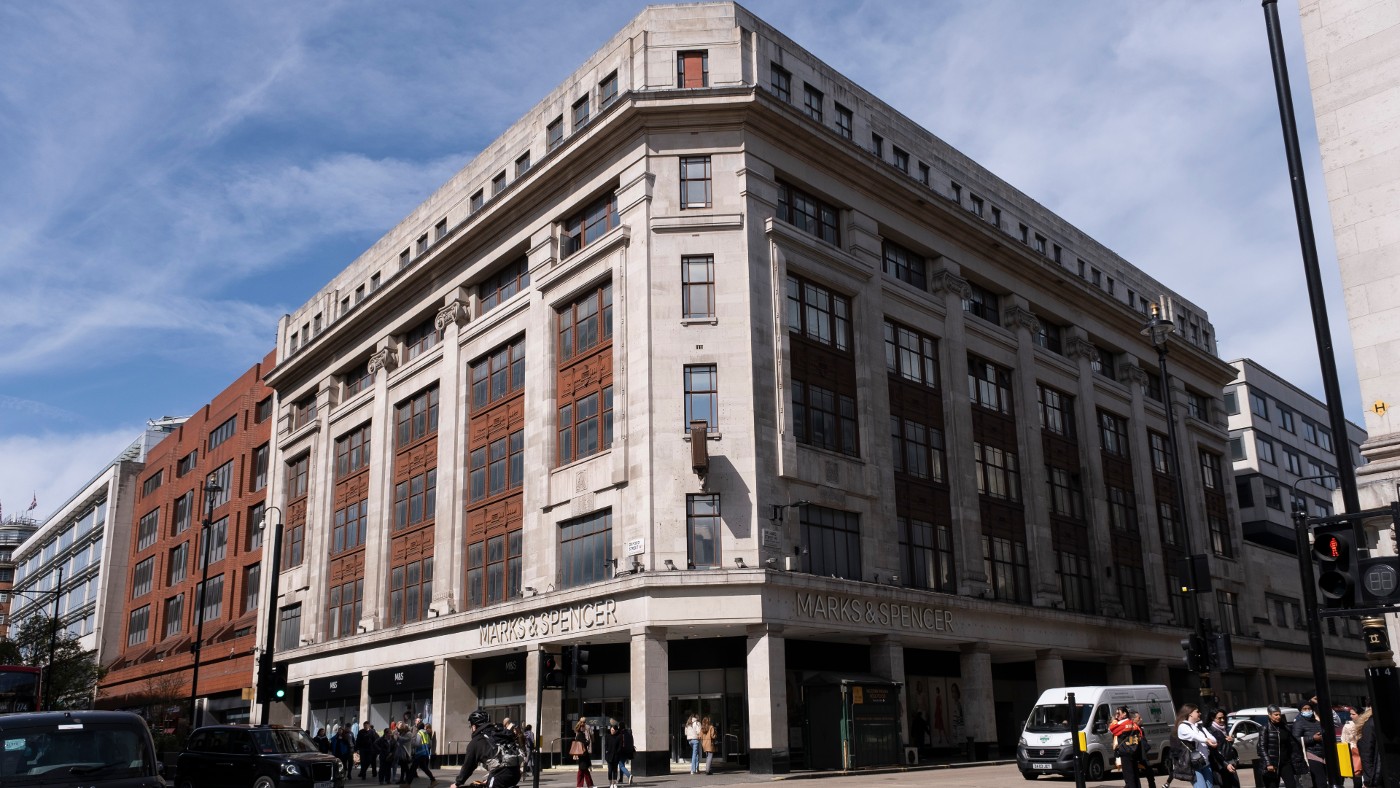 M&S to shut flagship Oxford Street store if demolition refused
M&S to shut flagship Oxford Street store if demolition refusedSpeed Read Retailer warns that key shopping street has ‘smell’ of ‘decline’
-
 FTSE 100 firms using furlough pay CEOs average of £3.6m
FTSE 100 firms using furlough pay CEOs average of £3.6mSpeed Read High Pay Centre data will increase pressure on ‘super-rich fat cats’ to dip into their pockets
-
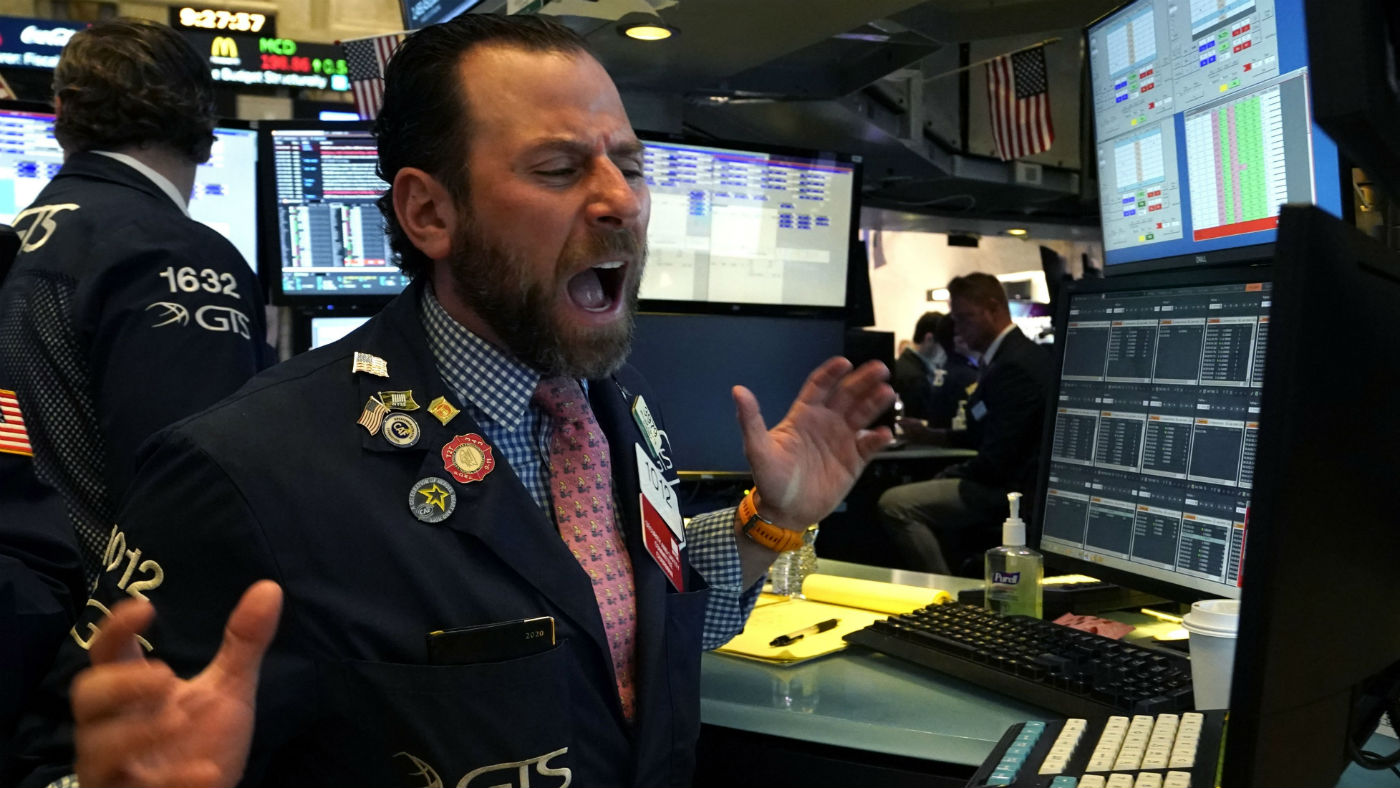 ‘Black Monday’ panic as global markets crash
‘Black Monday’ panic as global markets crashSpeed Read Oil price experiences biggest decline since 1991 Gulf War slump before closing 20% down
-
 FTSE bosses paid typical worker's annual salary in 33 hours
FTSE bosses paid typical worker's annual salary in 33 hoursSpeed Read Unions say the pay gap should be a source of national shame
-
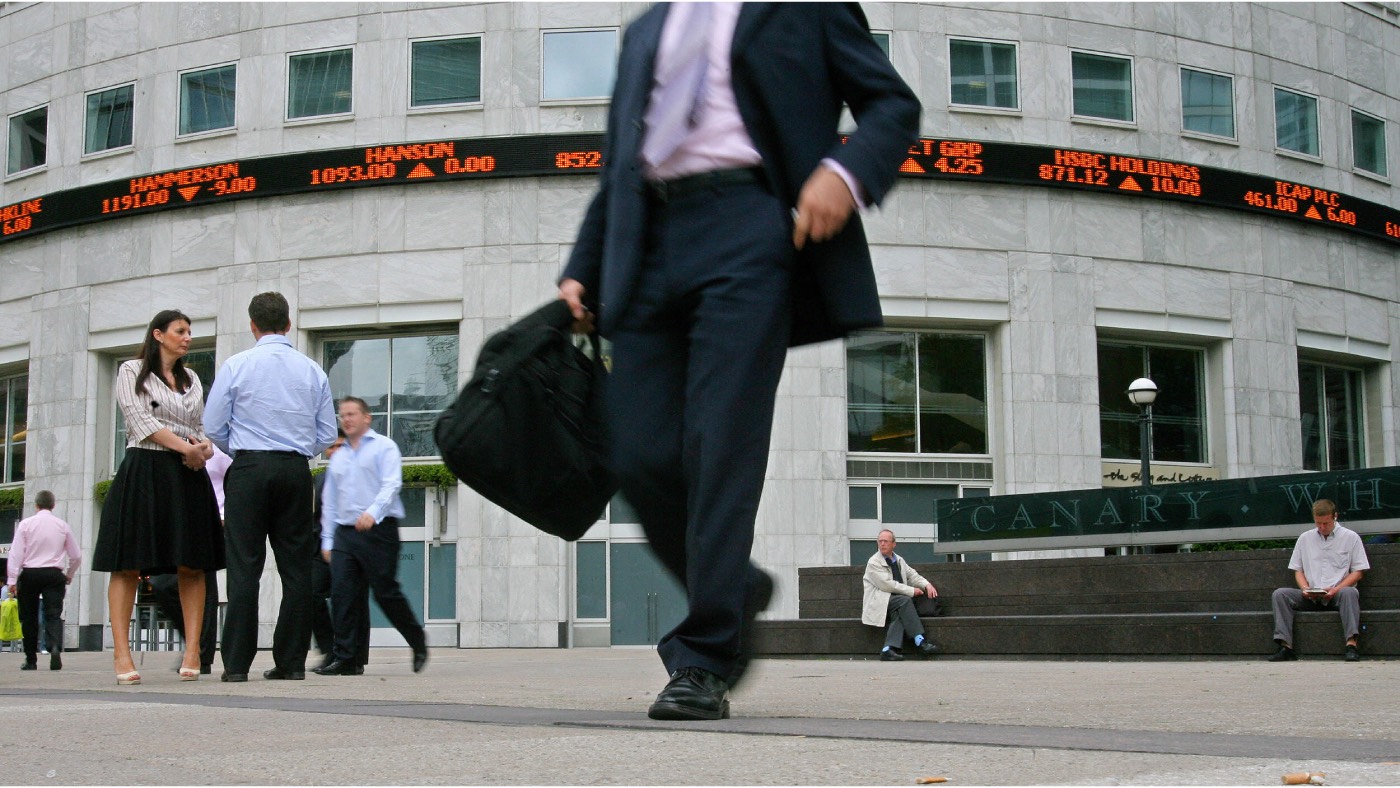 Boris bounce pushes FTSE to biggest one-day rally since 2016
Boris bounce pushes FTSE to biggest one-day rally since 2016Speed Read Investors relieved by Tory government and perceived clarity on Brexit
-
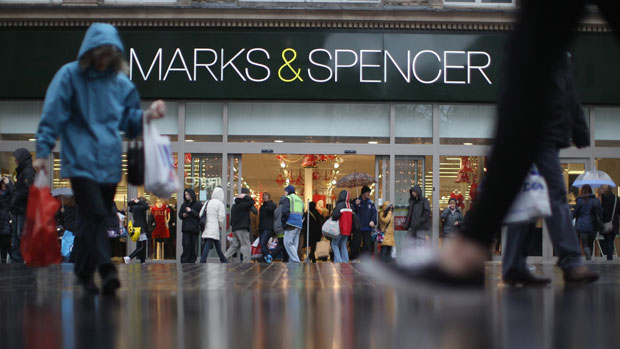 Fresh blow for Marks & Spencer as finance boss quits
Fresh blow for Marks & Spencer as finance boss quitsSpeed Read Humphrey Singer had been in the job for little more than a year
-
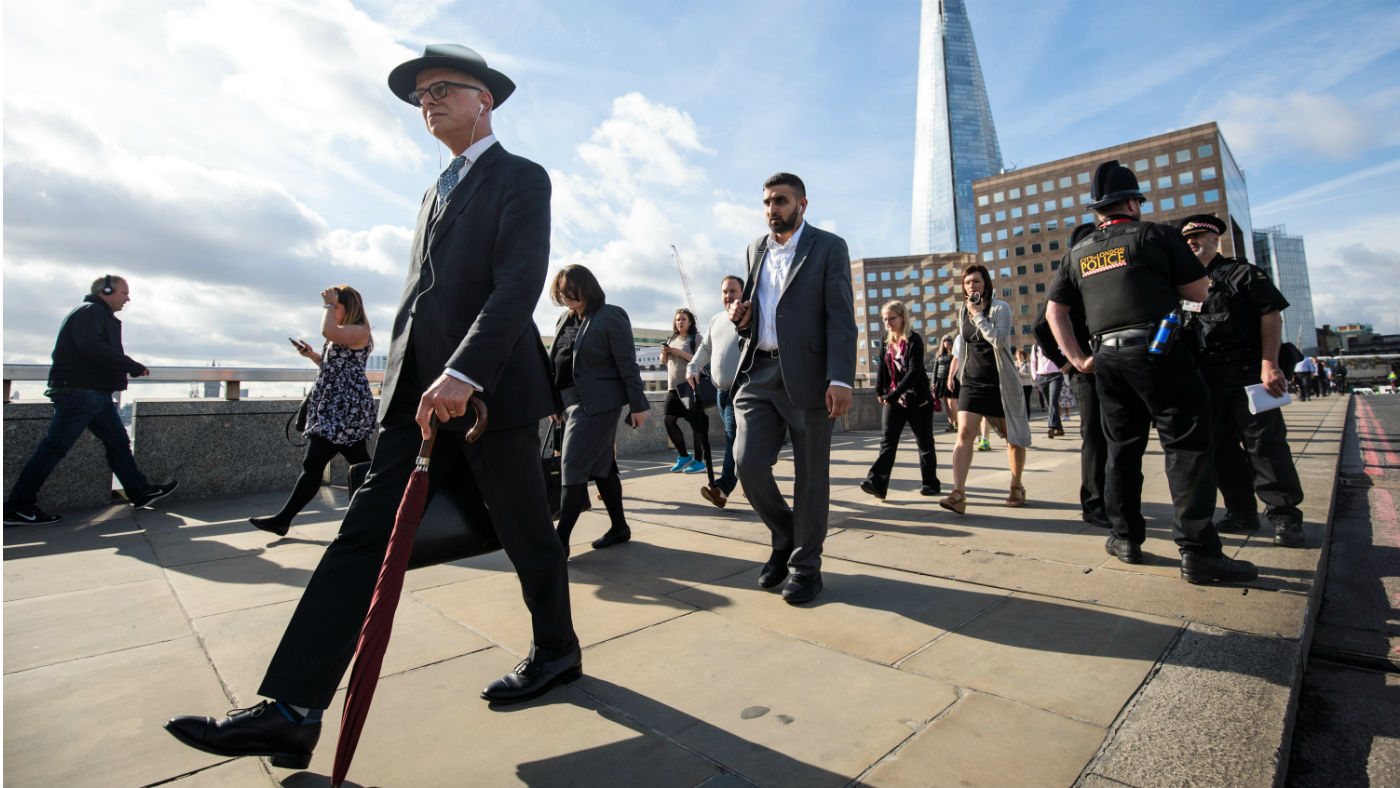 FTSE 100 bosses earn 117 times average worker
FTSE 100 bosses earn 117 times average workerSpeed Read CIPD says gap between executives and workers is ‘unacceptably wide’